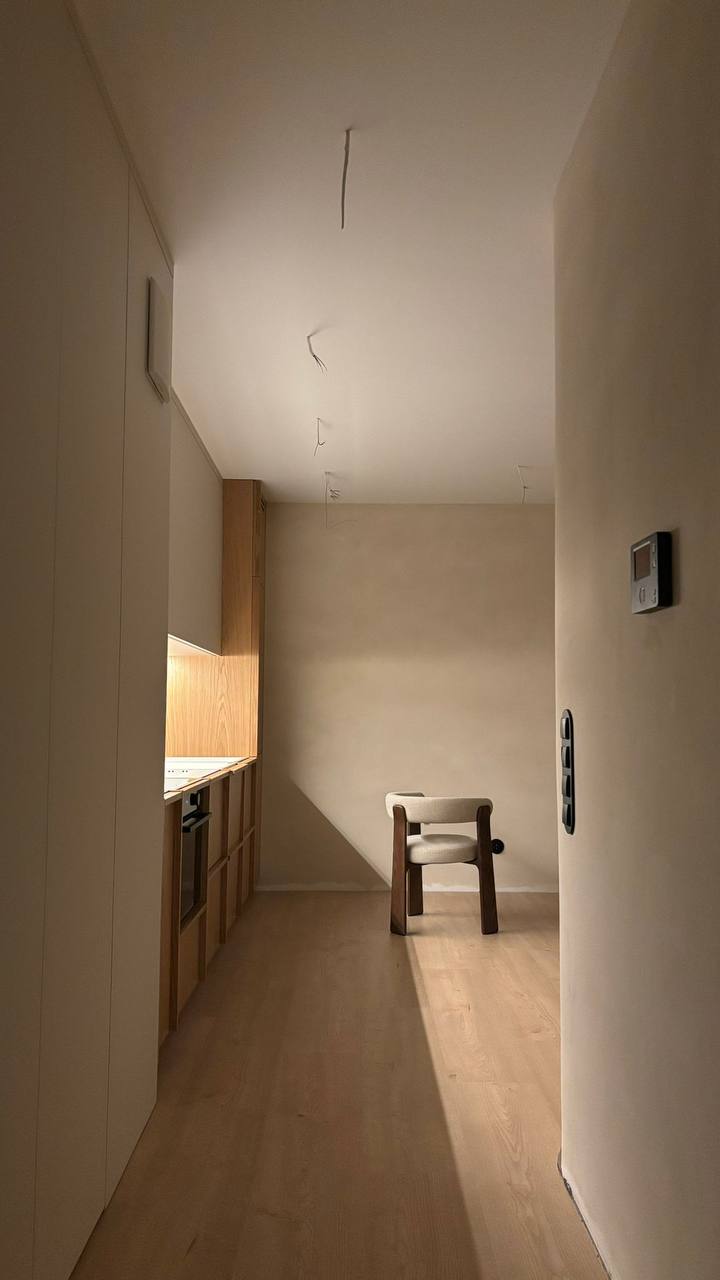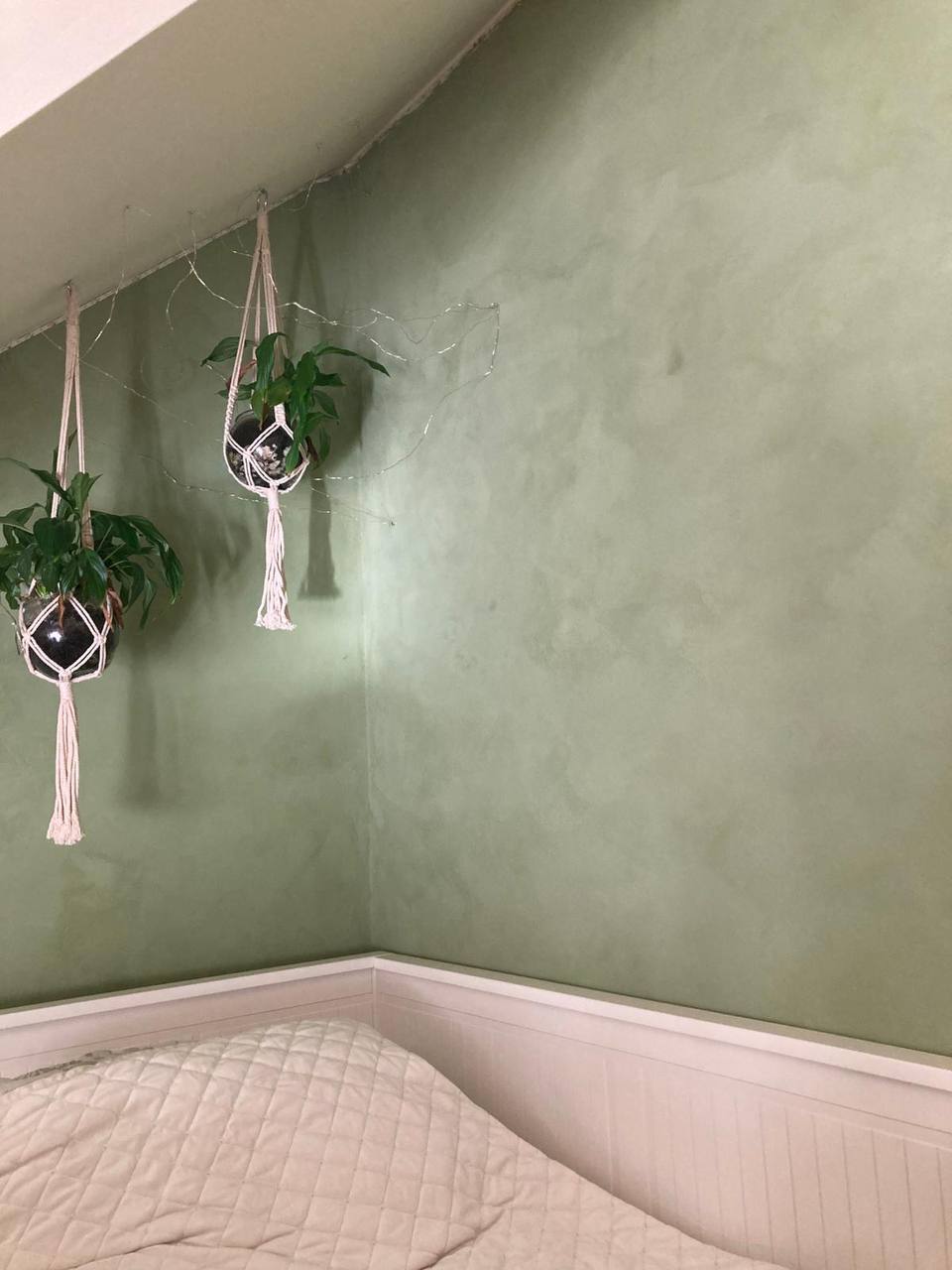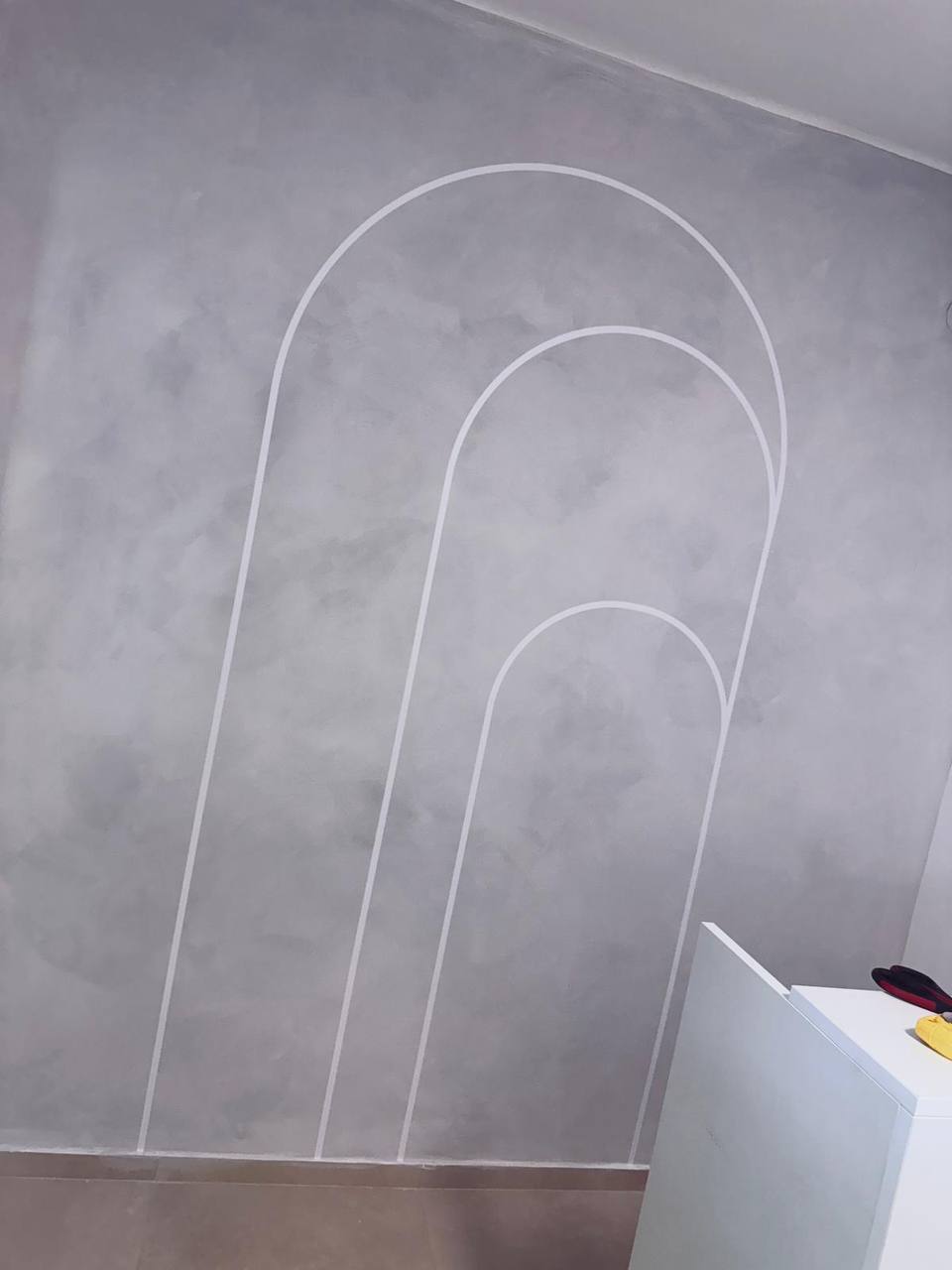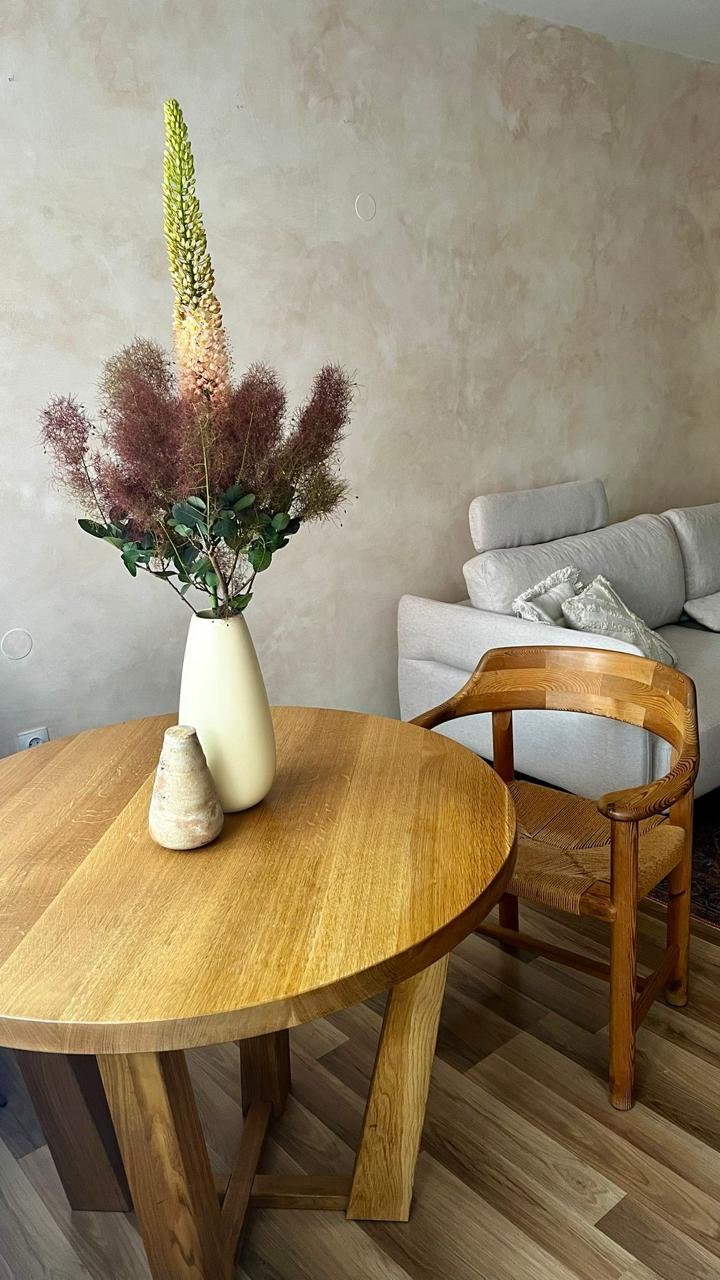Is Limewash a paint?
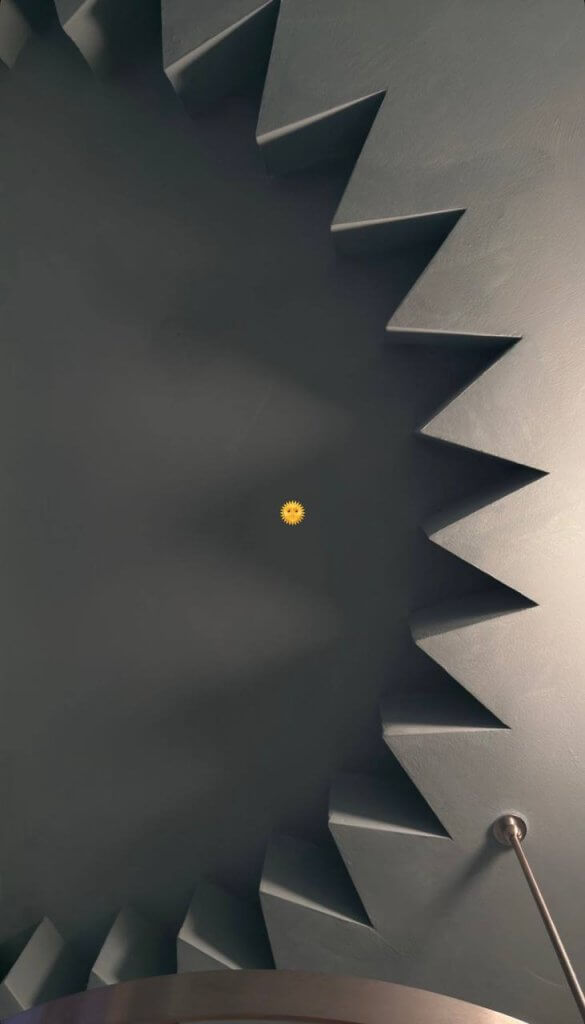
Limewash Paint vs. Venetian Plaster – A Comparison
When it comes to decorating our homes, the word “paint” is familiar to everyone. It is the primary material used to color walls and bring them to life. However, in recent years, another type of coating has been gaining increasing popularity – Limewash. But what exactly is Limewash? Is it a type of paint? And if so, how does it differ from traditional wall paints? Let’s explore these questions and find out what makes Limewash paint special.
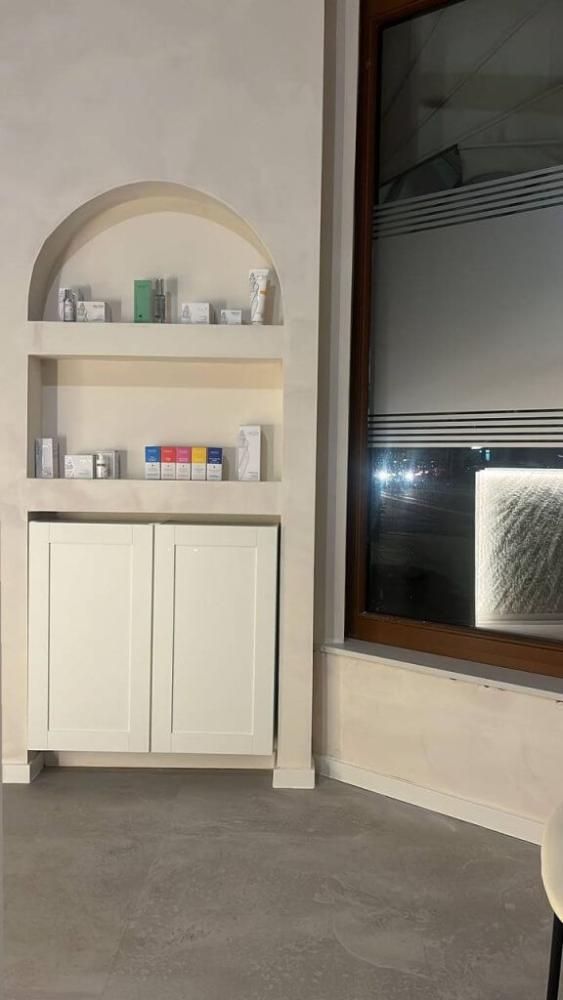
What is paint?
Before understanding how Limewash fits into this category, it is important to define what we mean by paint. Simply put, paint is a liquid or paste-like substance that forms a protective layer when applied and dried. Its primary purpose is to add color, protection, and texture to a surface. Paint typically consists of three main components:
- Pigments: these provide the color
- Binder: holds the pigments together
- Solvent: enables application
Paint works by creating a surface layer that is usually non-porous. This means it acts as a sealing layer, preventing moisture and other substances from penetrating. This is useful for protection, but due to surface tension, if not applied properly, bubbling or peeling can occur.
Is Limewash paint also paint?
Technically – yes, Limewash is a type of paint. However, it differs significantly from traditional wall paints in composition, application method, and final appearance.
Limewash is made from limestone that is crushed, burned, and then mixed with water into a paste. This paste can be further diluted and colored with natural pigments. Unlike traditional paints, Limewash does not contain synthetic binders or solvents. After drying, it reacts with carbon dioxide in the air to harden, forming a protective layer.
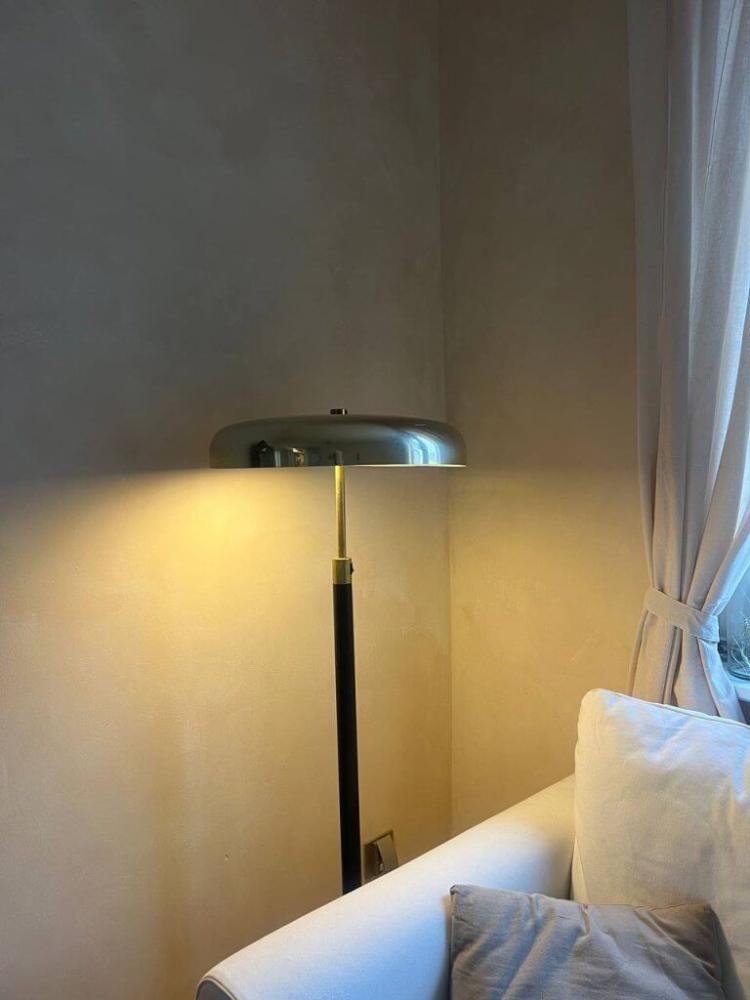
The breathability of Limewash
One of Limewash’s greatest advantages is its breathability. Instead of forming a sealed layer, it soaks into the underlying surface and allows the walls to “breathe” naturally. This prevents mold and moisture buildup. This feature is especially beneficial for older buildings, where moisture problems are common.
Additionally, Limewash’s high alkalinity provides natural protection against fungi and bacteria, making it excellent for use in humid rooms. It is important to note that surfaces treated with Limewash may be sensitive to water droplets, so protective coatings are often applied to increase durability and washability.
The textured surface of Limewash
Besides practical benefits, Limewash also offers a unique aesthetic appearance. Unlike traditional paints, it does not provide a uniform color but results in a textured, lively surface. Depending on the base surface and application method, the effect can be soft, diffuse, or distinctive and rustic.
These tonal and textural variations add depth to the Limewash layer — a visual effect difficult to achieve with other paints. The surface changes according to natural lighting, bringing life and variety to the space.

Limewash and the Wabi-Sabi philosophy
The natural, irregular appearance of Limewash fits perfectly with the Japanese wabi-sabi aesthetic philosophy, which celebrates simplicity, the beauty of aging, and imperfection. The essence of wabi-sabi is finding beauty in natural materials and their transience.
Limewash embodies this concept. Its uneven surface and the patina that develops over time give the impression that the wall is alive and changes with its environment. This adds character to the space that is hard to achieve with industrial paints.
Conclusion
In summary – Limewash is indeed paint, but fundamentally different from traditional wall paints. Its natural composition, breathable qualities, unique texture, and aesthetic value make it special. For those seeking a natural, organic, and unique surface — whether renovating a historic building or creating character in a modern home — Limewash can be an excellent choice.

 German
German Slovak
Slovak Romanian
Romanian Lithuanian
Lithuanian Latvian
Latvian Hungarian
Hungarian French
French Finnish
Finnish Dutch
Dutch Danish
Danish Czech
Czech Slovenian
Slovenian Italy
Italy Spain
Spain Portugal
Portugal


